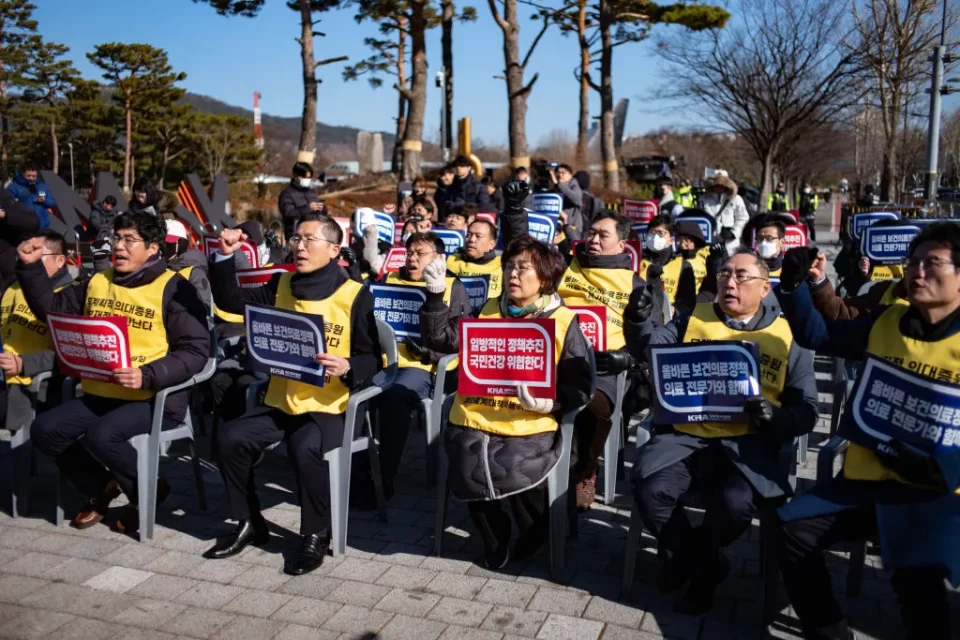The health sector in South Korea is currently facing a significant challenge as more than 6,400 trainee doctors have tendered their resignations in protest of the government’s plan to expand the intake of medical students. This has resulted in 1,600 junior doctors walking off the job, causing disruptions in medical services across the country.
The protest stems from concerns that an expanded quota would not address the shortages of doctors in specific specialties, such as emergency care, where pay is low and working conditions are poor. Doctors argue that increasing competition would only burden hospitals further and compromise the quality of medical services.
On the other hand, in Uganda, the health sector faces different challenges. The country has a lower doctor-to-patient ratio compared to South Korea and struggles with limited resources and infrastructure. The average salary for doctors in Uganda is significantly lower than in South Korea, leading to difficulties in retaining skilled medical professionals.

While South Korea has a highly privatised healthcare system and well-paid doctors, Uganda’s healthcare system is more public and faces challenges in providing adequate medical care to its population. The government in Uganda continues to work towards improving the health sector through reforms and initiatives to address the shortages of medical professionals and improve access to quality healthcare services.
Overall, both South Korea and Uganda are working to overcome obstacles in their respective health sectors to ensure the well-being of their populations. The current situation in South Korea highlights the importance of addressing the concerns of medical professionals to maintain a strong and sustainable healthcare system.
ADVERTISEMENT




